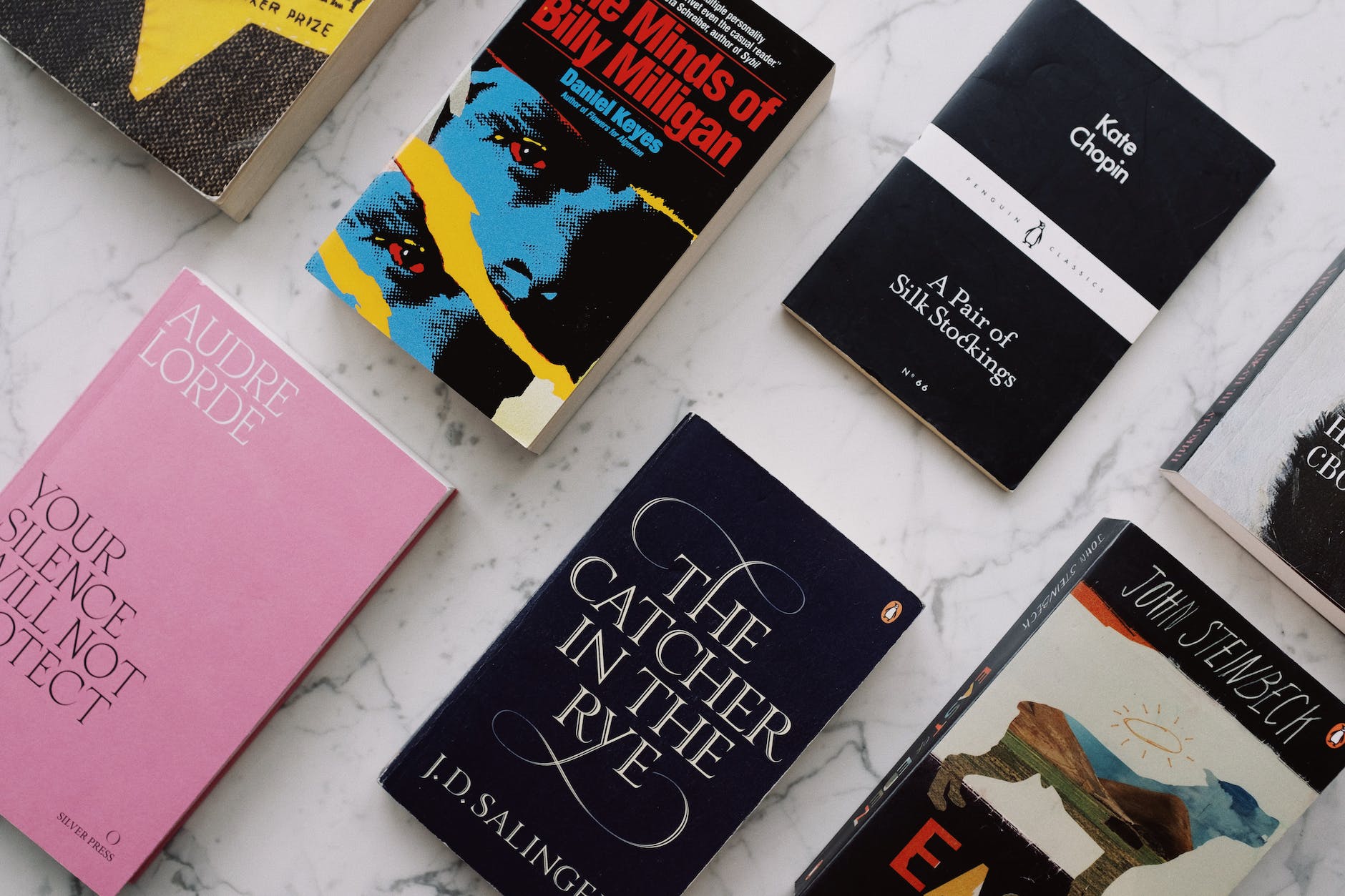In the rich and diverse spectrum of literature, there lies a uniquely vibrant strain called psychedelic literature. This genre takes readers on a journey through inner space, tapping into the mind’s landscape and exploring alternate realms of perception and reality. It is a distinctive medley of novels and treatises, often penned by counterculture writers who blend mind-bending narratives with deep philosophical introspection, leading to a distinct form of literary enlightenment.
Notably, the most influential figures of psychedelic literature like Aldous Huxley, Timothy Leary, and Carlos Castaneda were experimenters of consciousness who mastered navigating the psychedelic realm. Their works reflect profound spiritual exploration and vividly illustrate altered states of consciousness.
Aldous Huxley, a leading figure of the genre, broke new literary ground in his work, “The Doors of Perception.” In his book, Huxley delves into his experiences with the mind-altering drug mescaline, leading to a profound exploration of the human mind. His experience gave him an intense sensory journey, provoking deep philosophical inquiry about the nature of the mind and reality. This magnificently transcendent piece has subtly reshaped modern thoughts about the mind’s capabilities and effectively birthed the genre of psychedelic literature.
Drawing upon Eastern philosophies and his background in psychology, Timothy Leary produced significant works like “The Psychedelic Experience.” He was responsible for bringing the mystical and the psychedelic experiences into the American mainstream. Leary used the Tibetan Book of the Dead as a spiritual road map for LSD experiences, providing a guide for the journey through consciousness and towards enlightenment. Leary’s work remains a fundamental text in the sphere of psychedelic literature.
Another key player is Carlos Castaneda, a profound explorer of the human psyche, who brought us the extraordinary journey of his apprentice relationship with a Yaqui Indian Sorcerer in “The Teachings of Don Juan: A Yaqui Way of Knowledge.” Castaneda’s writing intricately weaves themes of altered states, spiritual exploration, and self-discovery. His work has drawn criticism, yet remains one of the most compelling and controversial contributions to psychedelic literature.
An exploration of psychedelic literature is incomplete without delving into Ken Kesey’s “One Flew Over the Cuckoo’s Nest.” A definitive novel of the 1960s counterculture movement, it presents a stark exploration of authority, individuality, and the power of the human spirit. Kesey himself was a participant in CIA-sponsored LSD trials, and his experiences permeate his work, making it an iconic representation of psychedelic literature.
Psychedelic literature’s effects extend beyond mere entertainment. This genre presents a unique interplay of experiences, thoughts, and ideas, inviting readers to question the nature of reality and the depth of human consciousness. The mind-bending narratives can lead to shifts in perception and encourage introspection. The genre encourages open-mindedness and has been instrumental in breaking the many misconceptions and stigmas associated with the use of psychedelics.
In conclusion, the genre of psychedelic literature offers a rich literary exploration of the human mind, a kaleidoscope of mental and spiritual experiences that are as challenging as they are illuminating. These works aren’t merely an exploration of drug-induced experiences; they dig deep into the mysteries of our minds, pushing the boundaries of known consciousness. They promote the idea that reality is a construct of perception and encourage readers to explore the uncharted horizons of their minds.
While the psychedelic boom might have been associated with the 1960s counterculture, its influence on literature and society remains significant today, continuing to inspire and enlighten. These works, steeped in philosophical thought and spiritual exploration, are testaments to the expansiveness of human consciousness and the endless possibilities within the spectrum of human experience, making the journey through these pages an exercise in mind expansion and self-discovery.




